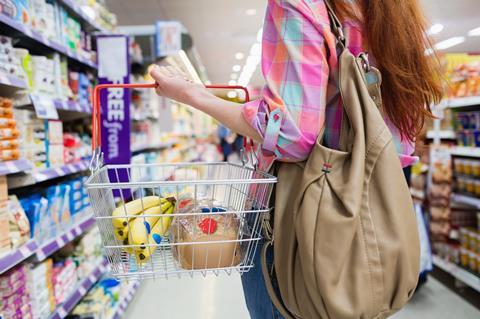
Some of the world’s largest consumer goods producers face a hit to sales in the coming months as shoppers switch to cheaper supermarket own-brands in an effort to mitigate the cost of living squeeze caused by soaring inflation. Analysts predict companies such as Unilever and Danone will log falling sales volumes in the coming months, as sales of so-called private label goods have begun to grow. (The Financial Times £)
The baby formula supply shortage in the United States is set to lead to bumper sales when Reckitt posts half-year results on Wednesday. (The Times £)
The Co-op Group is cutting 400 jobs at its head office in Manchester and consulting on about 50 more job losses at its Nisa business, as the retailer said it faced tough trading conditions amid rising inflation (The Guardian). Supermarket chain The Co-op is axing 400 jobs at its head office in Manchester after blaming soaring inflation and difficult trading conditions for its poor financial performance (Sky News).
Shoppers cut back on online spending and were hit by rising petrol costs in June, offsetting a boost to food sales on the jubilee bank holiday weekend (The Times £). A boost to food and drink sales over the Queen’s jubilee weekend was not enough to prevent the cost of living crisis from pushing down retail sales last month (The Guardian). Data released on Friday showed that high UK inflation is hitting retail sales, business activity and consumer confidence, strengthening predictions of an economic recession this year (The Financial Times £). Retail sales dipped by 0.1% in June 2022, less than experts had expected but continuing a downward trajectory that reflects an economy grappling with record food and fuel prices (Sky News).
The UK heatwave has produced a glut in strawberry, cherry and blueberry harvests prompting a wave of discounts in stores and lower prices for British farmers. (The Guardian)
Howard Schultz seeks to bring Starbucks back up to full strength, writes The FT. The coffee chain’s founder is pinning his growth hopes on the US and China while a question mark hangs over the UK. (The Financial Times £)
Coffee wars leave Starbucks ground down by rivals – the company that made coffee hip is losing out in an increasingly competitive market and could sell its British operation… Starbucks and its rivals are facing pressure from soaring costs for energy, raw materials and staff, and customers are beginning to watch their spending. (The Times £)
Demand for coffee is still rising. Pubs still outnumber coffee shops in the UK. But while pubs are disappearing from high streets, more cafés are appearing each year. In the UK, the number of coffee shops doubled between 2009 and 2019 to almost 26,000, according to Allegra World Coffee Portal… Coffee chains may feel ubiquitous but history suggests there is room for more. (The Financial Times £)
A problem for Brazil, and world coffee supplies in general, is that last year the country’s annual crop plummeted by almost a quarter due to a drought across its main coffee growing region, which centres on the south-eastern states of Minas Gerais, São Paulo and Paraná. The knock-on affect has been a global reduction in coffee beans supplies, and a subsequent doubling in wholesale prices since this time last year. (The BBC)
UK food banks have seen a rise in demand since the start of the year coupled with a drop in food donations. Organisations running food banks said more people were coming to them for help, while more than half reported fewer food donations. Organisers said the trend was “unsustainable”. (The BBC)
The number of restaurants falling into insolvency has increased by more than 60% in the past year amid worker shortages and the cost of living crisis, which has forced customers to cut back on spending. (The Guardian)
Whisky makers are turning their backs on peat as the environmental impact of damaged peatlands is multi-fold. (The BBC)
The Guardian looks at “why British youth are turning off booze” - Alcohol consumption among 16- to 24-year-olds is falling. So what is behind this new temperance? (The Guardian)







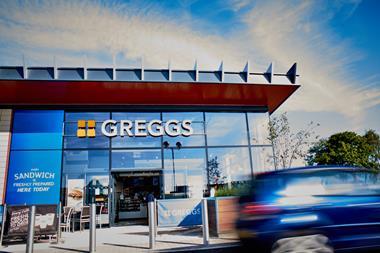
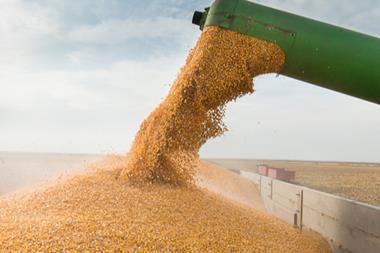
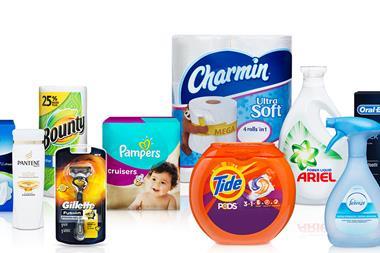
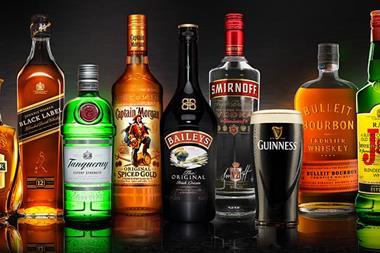
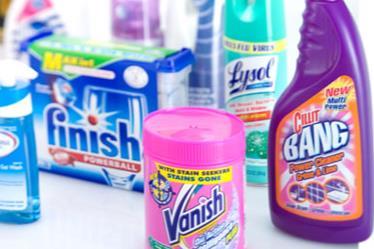
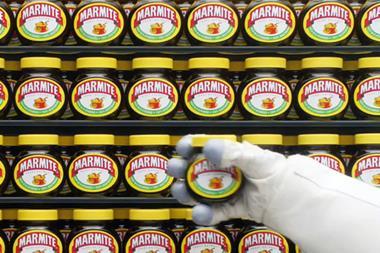






No comments yet